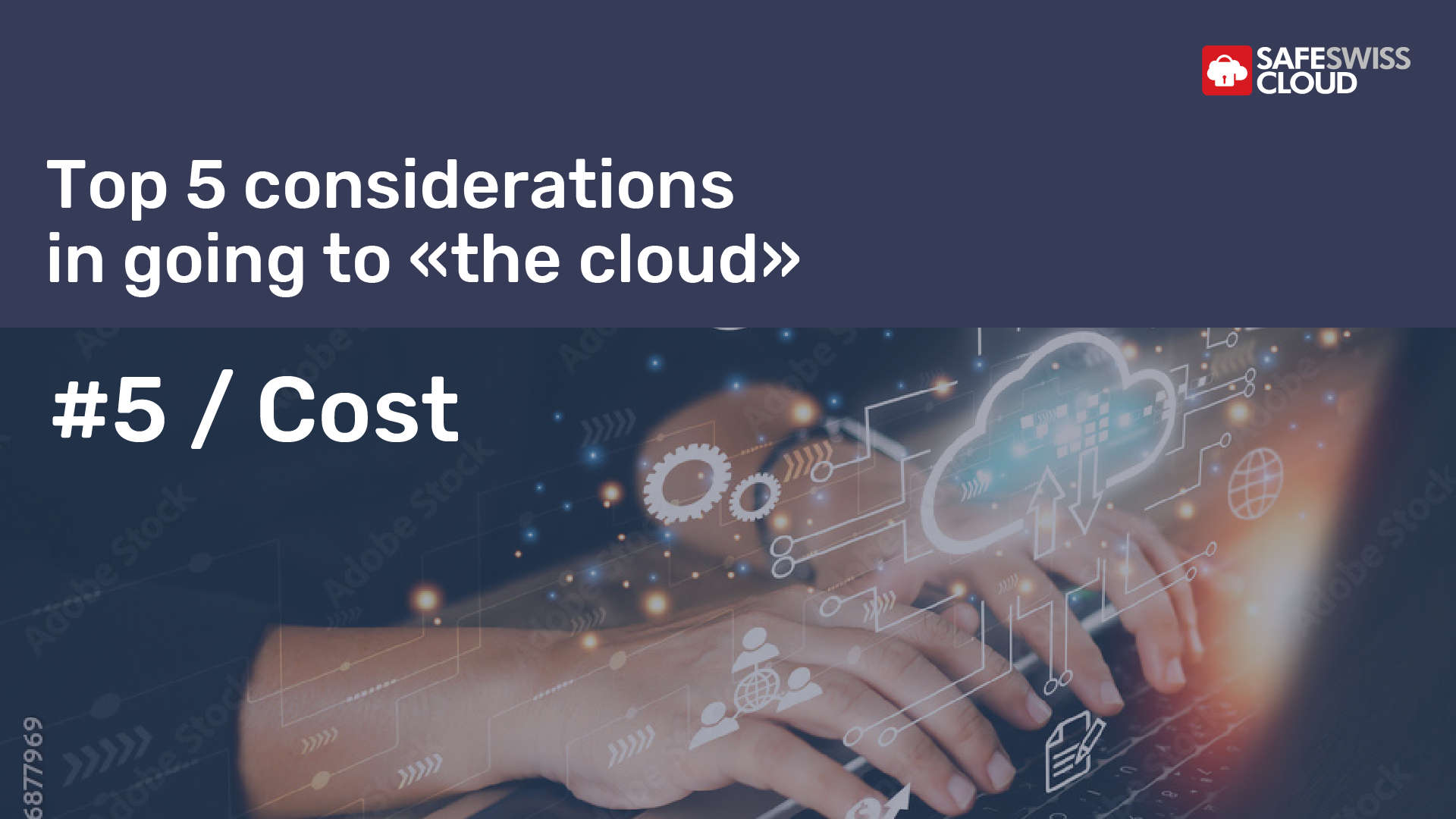
Author Prodosh Banerjee on 22 June 2023 Prodosh Banerjee's blog


Author Prodosh Banerjee on 22 June 2023 Prodosh Banerjee's blog
The 5 most important considerations in going to “the cloud” explained. The fifth part of our series deals with the topic of Cost.
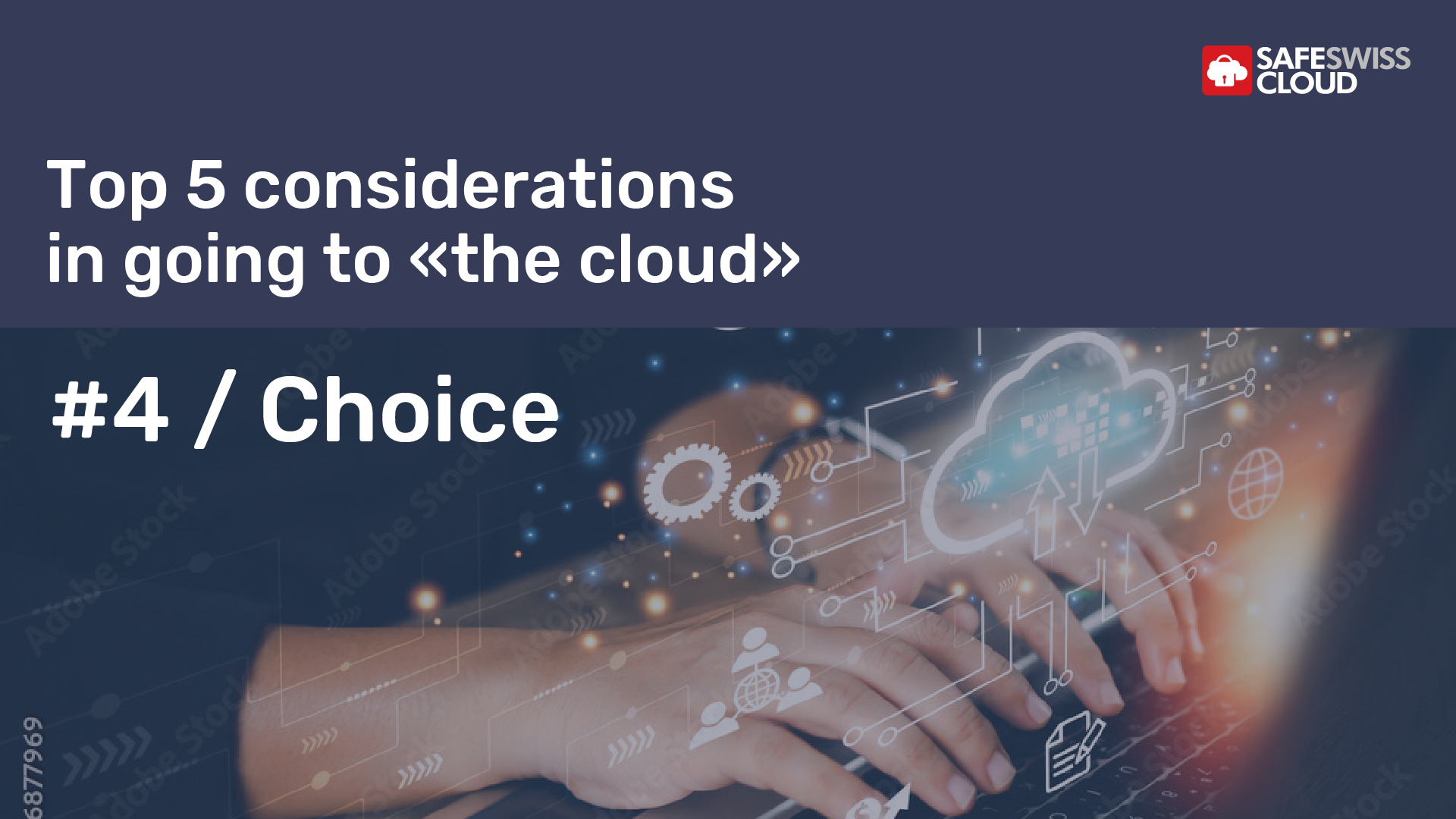
Author Prodosh Banerjee on 20 June 2023 Prodosh Banerjee's blog
The 5 most important considerations in going to “the cloud” explained. The fourth part of our series deals with the topic of Choice.
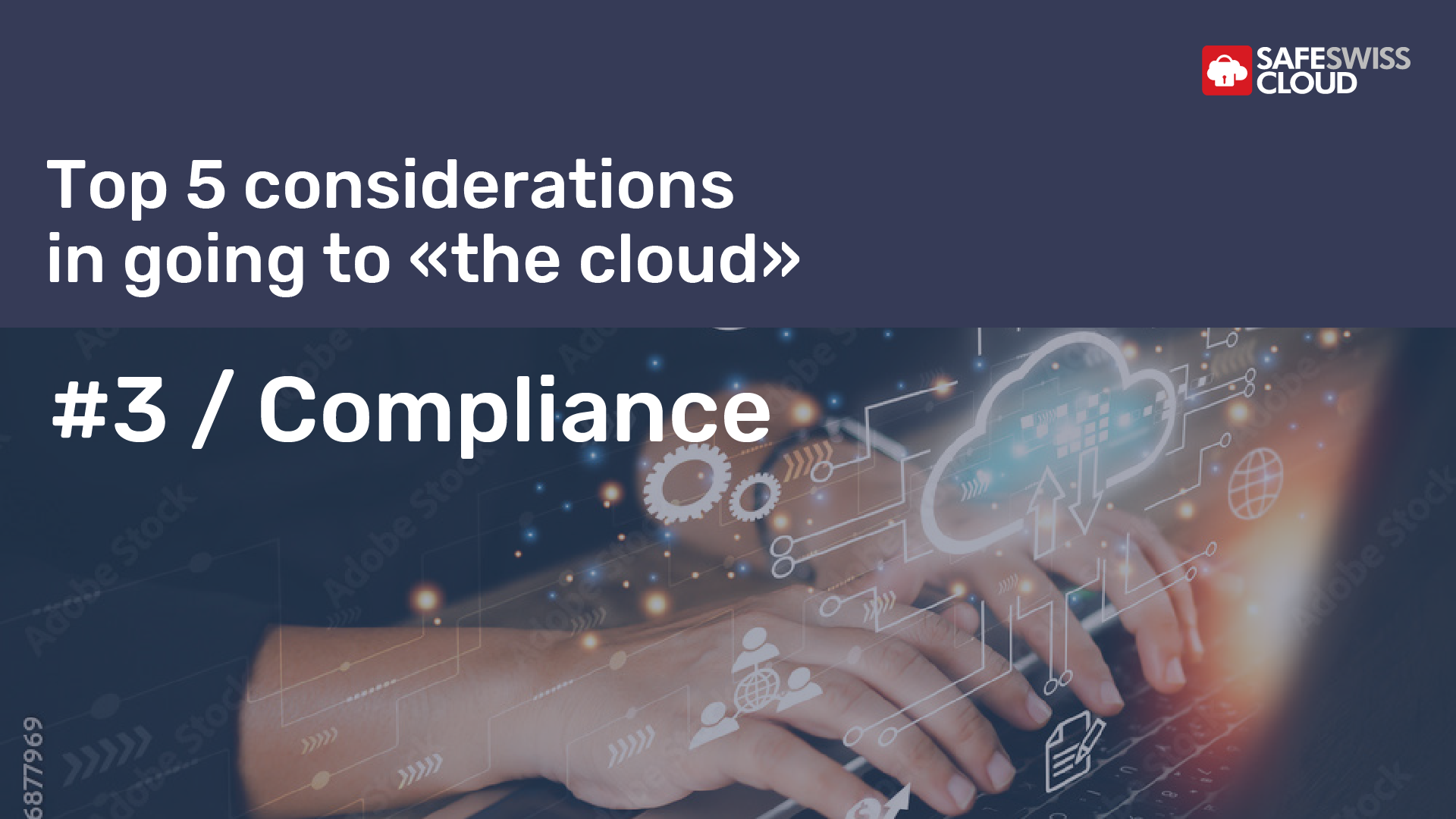
Author Prodosh Banerjee on 15 June 2023 Prodosh Banerjee's blog
The 5 most important considerations in going to “the cloud” explained. The third part of our series deals with the topic of Compliance.
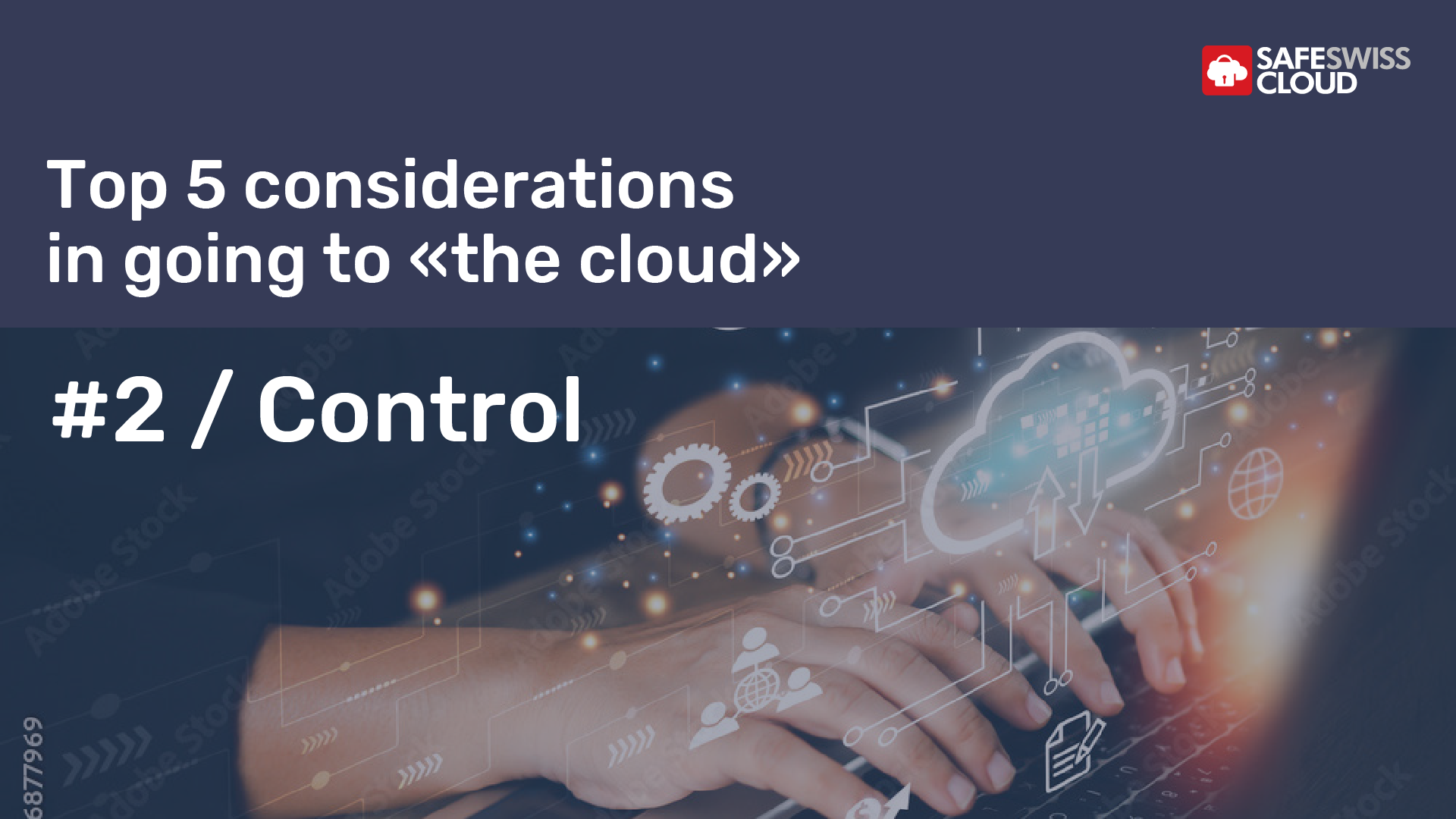
Author Prodosh Banerjee on 13 June 2023 Prodosh Banerjee's blog
The 5 most important considerations in going to “the cloud” explained. The second part of our series deals with the topic of Control.
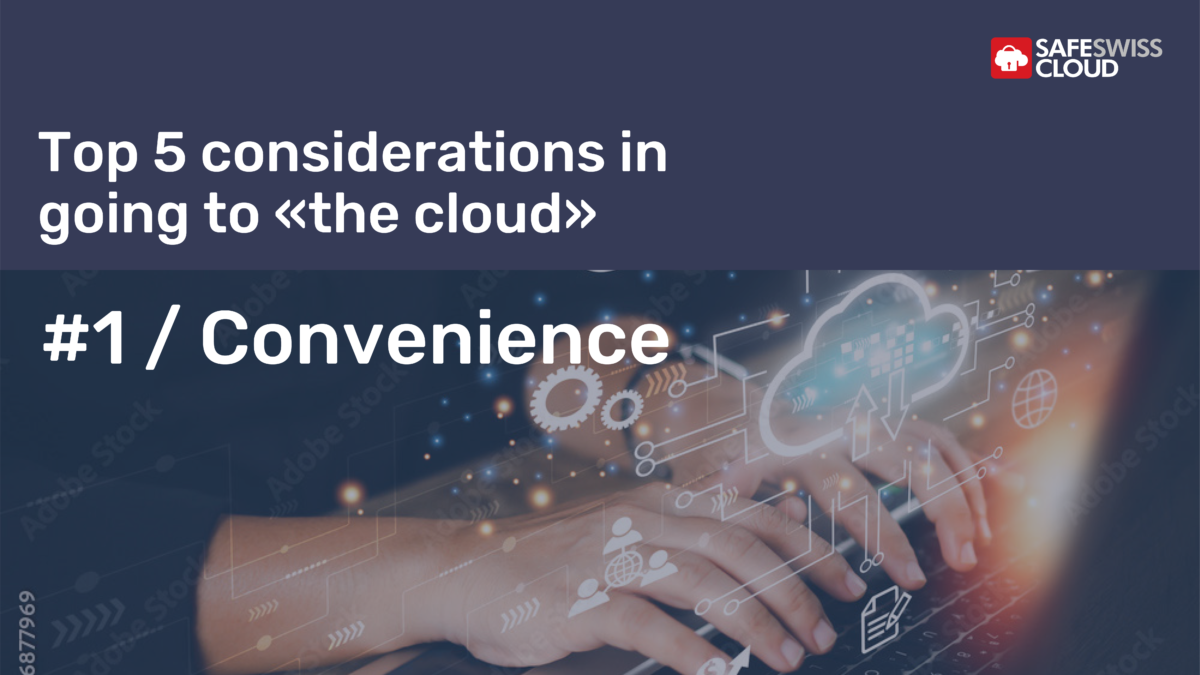
Author Prodosh Banerjee on 12 June 2023 Prodosh Banerjee's blog
The 5 most important considerations in going to “the cloud” explained. The first part of our series deals with the topic of Convenience.
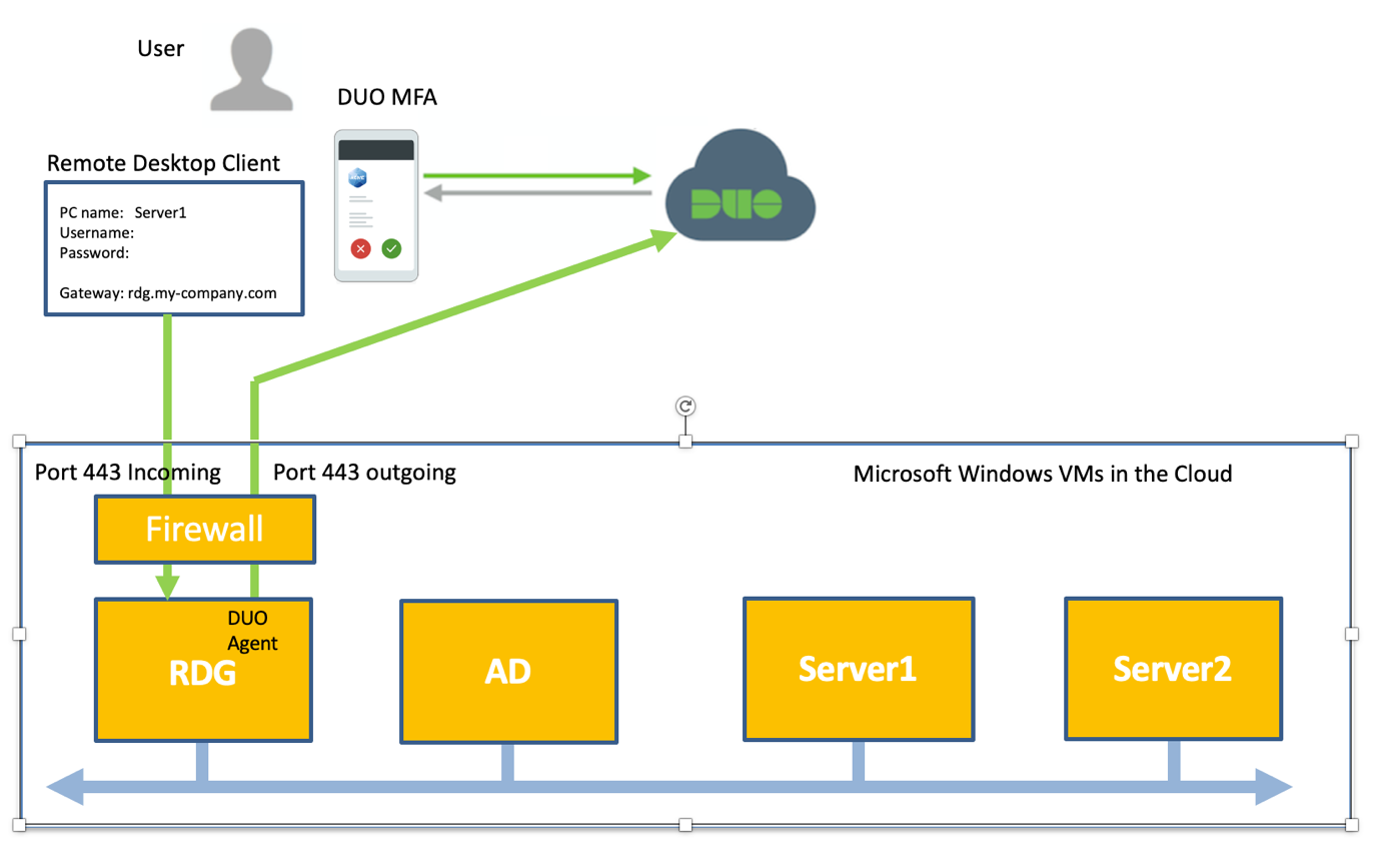
Author David Poole on 10 October 2022 David Poole's blog
If you are running Windows Server in the cloud, which you want to access via remote desktop (RDP) there are some basic security rules you need to follow. This is necessary, first and foremost because exposing RDP to the internet is “low hanging fruit” for hackers. We highly recommend taking the following ten steps.
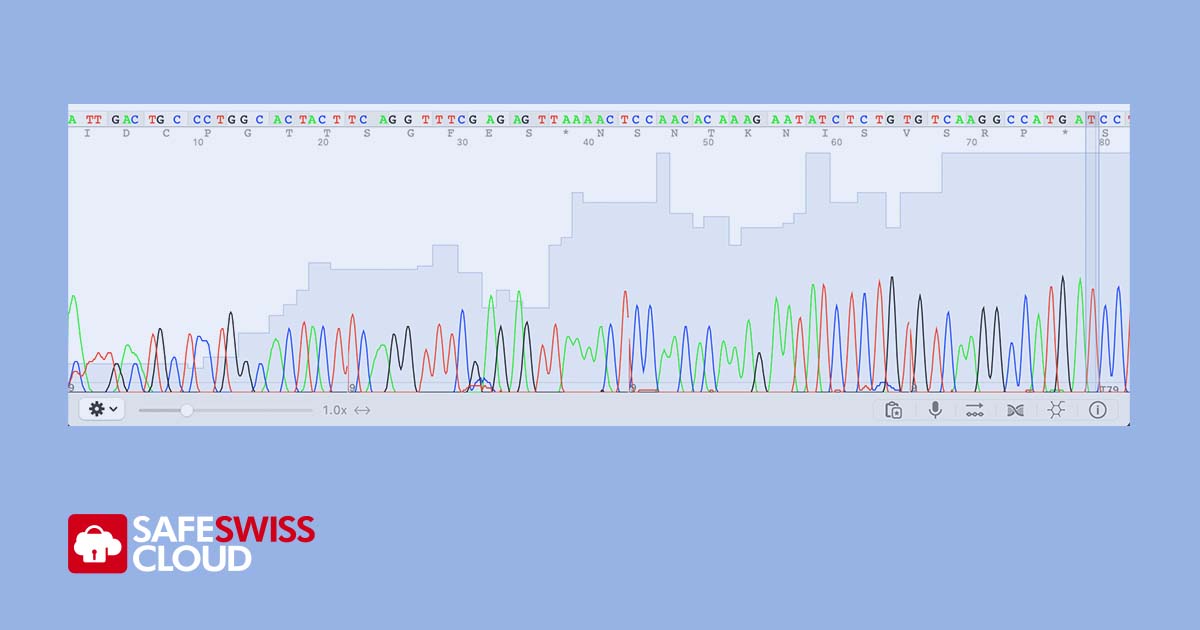
Author David Poole on 17 January 2022 David Poole's blog
Without the cloud it is very difficult to store and share the huge volumes of data needed for genome sequencing. Given the sensitivity of human genome data in terms of ownership and privacy, security and compliance are paramount.

Author David Poole on 14 April 2021 David Poole's blog
In this post, I will show you how to make your application data persist by adding a persistent volume claim to an already deployed pod/container.
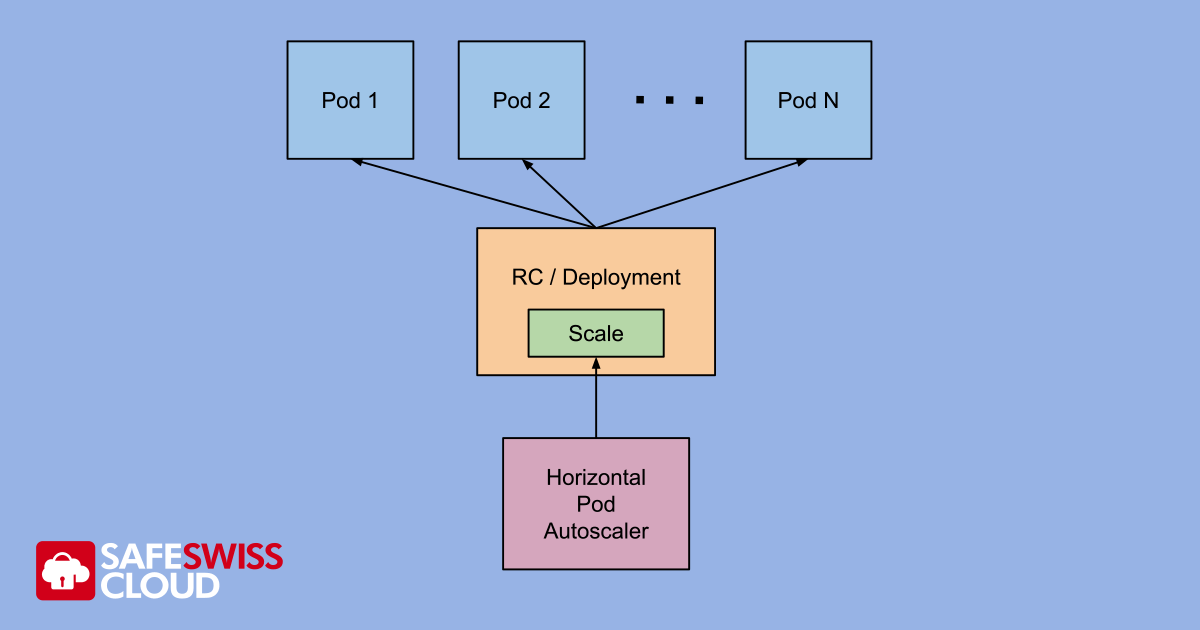
Author David Poole on 16 March 2021 David Poole's blog
In this article I demonstrate how to set up an autoscaler to scale up the pods when the CPU usage exceeds a certain threshold and back down again.
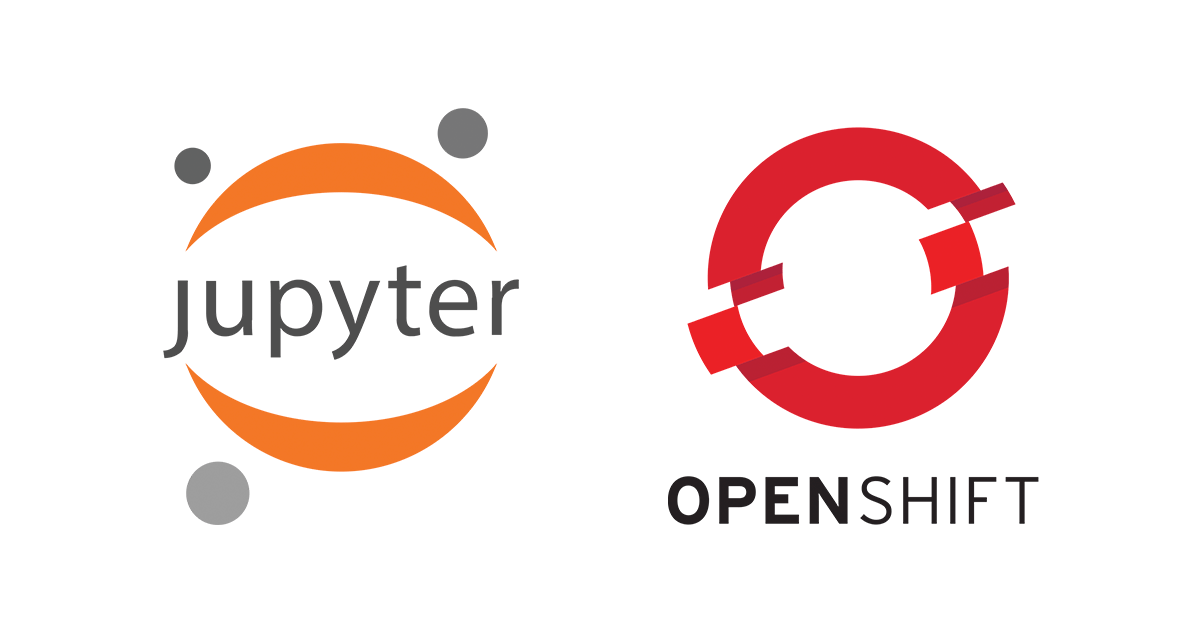
Author David Poole on 16 June 2020 David Poole's blog
JupyterLab is the most widely used data science / machine learning IDE. Deploying it on OpenShift / Kubernetes adds another layer of flexibility in terms of convenience, resource allocation and horizontal scaling across user groups.
| Cookie | Duration | Description |
|---|---|---|
| cookielawinfo-checkbox-analytics | 1 year | Set by the GDPR Cookie Consent plugin, this cookie is used to record the user consent for the cookies in the "Analytics" category . |
| cookielawinfo-checkbox-marketing | 1 year | This cookie is set by the GDPR Cookie Consent plugin to store the user consent for the cookies in the category "Marketing". |
| cookielawinfo-checkbox-necessary | 1 year | Set by the GDPR Cookie Consent plugin, this cookie is used to record the user consent for the cookies in the "Necessary" category . |
| JSESSIONID | session | Used for Cross Site Request Forgery (CSRF) protection |
| sdsc | session | Signed data service context cookie used for database routing to ensure consistency across all databases when a change is made. Used to ensure that user-inputted content is immediately available to the submitting user upon submission |
| viewed_cookie_policy | 1 year | The cookie is set by the GDPR Cookie Consent plugin to store whether or not the user has consented to the use of cookies. It does not store any personal data. |
| Cookie | Duration | Description |
|---|---|---|
| _ga | 2 years | The _ga cookie, installed by Google Analytics, calculates visitor, session and campaign data and also keeps track of site usage for the site's analytics report. The cookie stores information anonymously and assigns a randomly generated number to recognize unique visitors. |
| _ga_D83559EP8M | 2 years | This cookie is installed by Google Analytics. |
| browser_id | 5 years | This cookie is used for identifying the visitor browser on re-visit to the website. |
| split | 1 month | This cookie is used to evaluate the changes to the website by checking which multivariate test the user takes part in. |
| Cookie | Duration | Description |
|---|---|---|
| bcookie | 1 year | Browser Identifier cookie to uniquely indentify devices accessing LinkedIn to detect abust on the platform and diagnostic purposes |
| bscookie | 1 year | Used for remembering that a logged in user is verified by two factor authentication |
| lang | session | Used to remember a user's language setting to ensure LinkedIn.com displays in the language selected by the user in their settings |
| li_gc | 6 months | Used to store consent of guests regarding the use of cookies for non-essential purposes |
| li_mc | 6 months | Used as a temporary cache to avoid database lookups for a member's consent for use of non-essential cookies and used for having consent information on the client side to enforce consent on the client side |
| lidc | 24 hours | To facilitate data center selection |